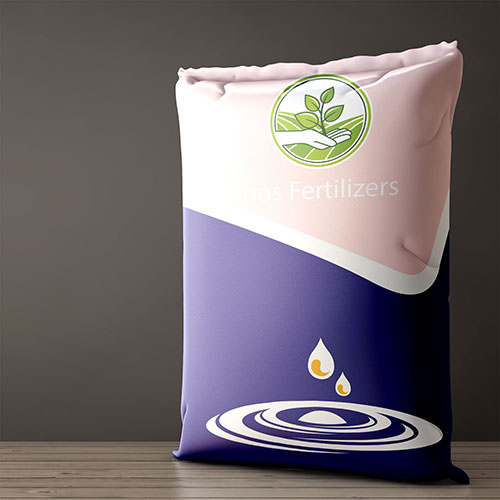Welcome to PhosFertilizers, we hope you will enjoy our products and have good experience
Potassium Phosphate Fertilizer
Potassium Phosphate Fertilizer

Potassium Phosphate Fertilizer provide important nutrients for the overall health of your plants, and there are two main types to consider when choosing a Potassium Phosphate Fertilizer for your site.Organic Potassium Phosphate Fertilizer are typically made from plant compost or manures and other natural ingredients with minimal processing. On the other hand, synthetic Potassium Phosphate Fertilizer are created using manufactured or processed nutrients and ingredients blended in precise ratios.Both organic and synthetic Potassium Phosphate Fertilizer add nutrients to the soil, but have some very different advantages and disadvantages you may want to consider.First, synthetic Potassium Phosphate Fertilizer typically offer more precise nutrient blends for various plant needs and uses than you’ll get with organic Potassium Phosphate Fertilizer .Synthetic Potassium Phosphate Fertilizer can contain acidic ingredients, which over time can dissolve and cause compaction of the soil. Compacted soil prevents water from entering the soil properly, preventing plants from receiving adequate water. Soil compaction can also cause Potassium Phosphate Fertilizer and soil runoff into nearby reservoirs and streams, contributing to negative effects in the environment. When using synthetic Potassium Phosphate Fertilizer , you may need to aerate the soil or take other steps to reduce compaction.The acids that synthetic Potassium Phosphate Fertilizer contain also affect the pH level of the soil. Improperly balanced pH levels negatively affect the overall soil health, potentially killing the beneficial microorganisms that help with natural immunity to infectious diseases.Many synthetic Potassium Phosphate Fertilizer provide a fast release of nutrients into the soil, which provides fast growth or green color, but can also make it easy to over-fertilize plants. High, quick doses of nitrogen can specifically contribute to fast plant growth more susceptible to fungal and bacterial diseases—using a slow-release Potassium Phosphate Fertilizer can prevent this.
